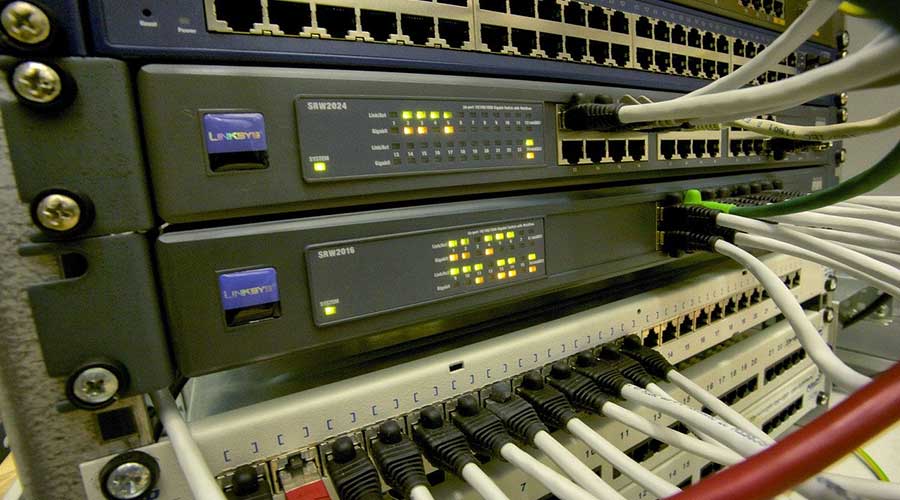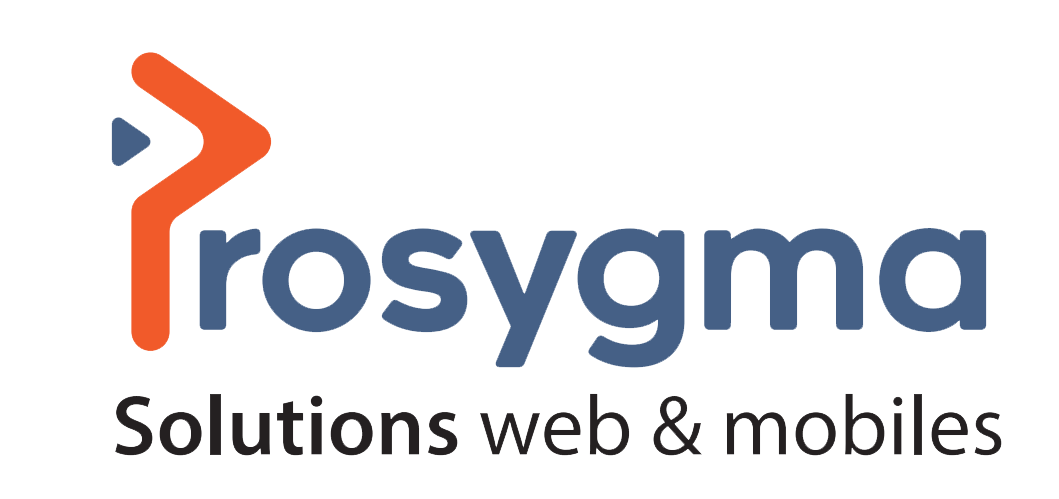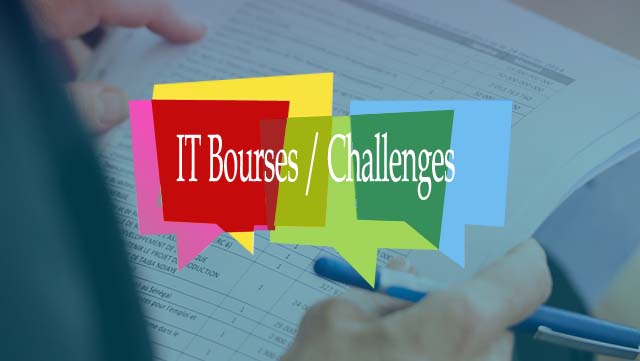
IT security: How to protect your SME?
In business, cyber security is everyone's business: while tools exist to set up an effective protection plan, good practices on a daily basis are essential. Here is Microsoft's advice on the subject.
With the multiplication of online threats, no one is spared today: the days when only large multinationals were targets for hackers are over. A study carried out last May highlights that 43% of cyber attacks target small and medium-sized businesses, but that only 14% believe they have the capabilities to handle this type of situation. Another Microsoft study highlights that 74% of SME managers consider that they run no risk of being targeted by a computer attack. However, the figures say the opposite, and the results following a cyber attack are often disastrous: up to 60% of small businesses tend to go bankrupt six months after such an event, when they are not able to quickly mitigate its effects.
These figures are frightening to even the most optimistic entrepreneur: today, it is no longer worth taking risks in the face of online threats. The combination of secure tools and best practices to be applied on a daily basis within the company contributes to building a protected dematerialised environment. Here are 5 tips for effectively securing your SME.
1. Train employees in best practices
Opt for complex and unique passwords, think carefully about the origin of an attachment or link within an email whose recipient is unknown, make sure that websites visited are properly secured via the HTTPS protocol or avoid transmitting company emails to a personal email box, which is potentially less well protected.
2. Opt for Microsoft 365
The Microsoft 365 Business Premium solution provides small businesses with a secure online environment through a multi-tool office suite. The traditional Word, Excel and PowerPoint are accompanied by Outlook online messaging or the Teams videoconferencing service, all with a cyber security solution that proactively protects employees' activities.
3. Adapt to teleworking
Teleworking has clearly revolutionised the activity of millions of companies in recent months, and SMEs have had to adapt directly to these changes. Cybersecurity may have taken a back seat to other priorities, but it should not be neglected.
4. Keep your machines up to date
In addition to the risks incurred by bad human practices, almost 50% of computer intrusions also involve security breaches associated in particular with software that is not, or only slightly, kept up to date.
5. Stay informed on security issues
By applying the many tips offered here, many unpleasant surprises can be avoided in everyday life when it comes to cyber threats. But it is important to be constantly informed on the subject, both about the dangers of the Web and the most effective ways to avoid them.
By combining good practices and secure solutions, you are giving your SME every chance to dodge a good part of the online threats. So it's worth looking into the subject with the help of Microsoft.
Source: 01net






